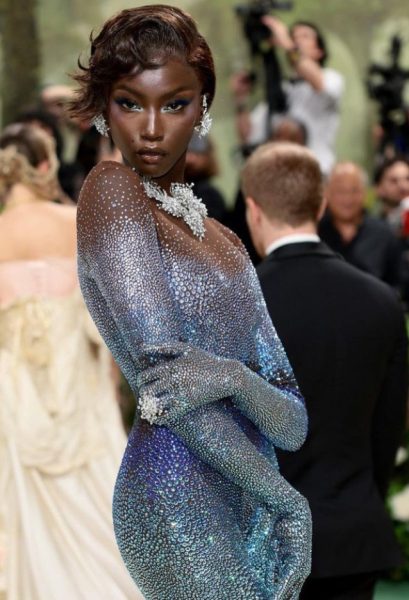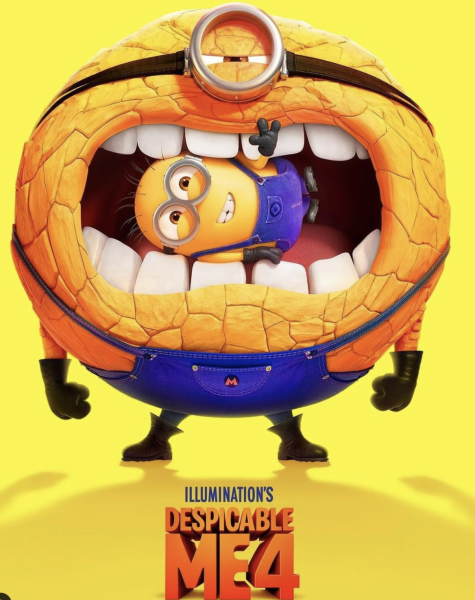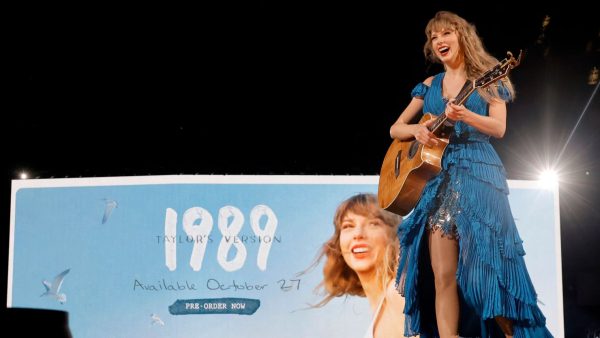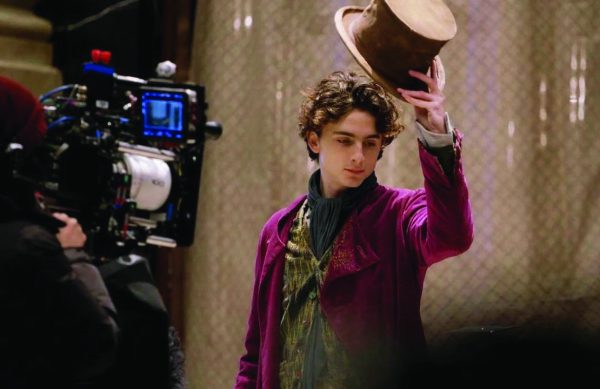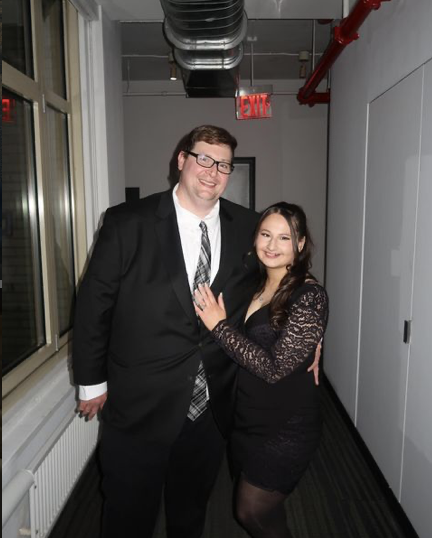Scarlett Johansson is the “black widow” in break up with Disney
October 1, 2021
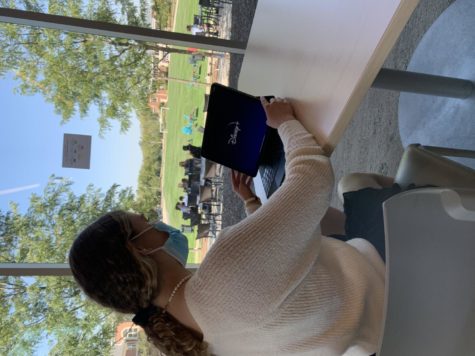
Scarlett Johansson’s lawsuit against Disney over the controversial release of her new Marvel movie Black Widow has ignited a Twitter dispute and stirred a debate between Marvel Cinematic Universe enthusiasts. Furthermore, it has also sparked conversation to a broader issue as this lawsuit represents Hollywood and the general entertainment industry.
In July 2021, Disney decided to release a new addition to the Marvel Cinematic Universe, Black Widow in theaters and on Disney+, on the same day. Since films typically hit theaters prior to streaming services, this was an unexpected move on Disney’s part, shocking both audiences and Scarlett Johansson herself. Johansson argued that the chronology of the movie’s release was a blow to her potential earnings, since a great portion of her salary was based on box office revenue. She stated this to be a direct breach of her contract with Disney, and simply unfair.
Disney attempts to defend themselves against the lawsuit as they claim that Scarlett’s accusations are a “callous disregard” for the COVID-19 pandemic and its “prolonged global effects.” Many argue that this is hypocritical, as some claim that Disney decided to reopen their parks prematurely. This calls into question the authenticity of their concern over the pandemic as a major corporation.
Others are frustrated about potential underlying gender issues at play. Specifically, Disney’s treatment of Scarlett Johansson relates to gender-based inequality in the media. Bela De Jesús ‘22, a major Marvel fan, said, “Women being taken advantage of by huge corporations is nothing new.” Disney mentions in their statement that Johansson earns an $20 million additional compensation, which acts as a shaming tactic. This further suggests that successful women like Scarlett Johansson are too greedy. Women in the workplace often face criticism, especially in the public sphere, about “taking more than they deserve” when simply trying to stand up for themselves.
Another bone of contention uncovered in this situation is the growing marketability of streaming services: Netflix, Hulu, Amazon Prime Video, HBO Max, Paramount, Peacock, Sling TV, YouTube TV, Tubi, among many other companies have become increasingly competitive. Disney+ made its debut on November 12th of 2019. Exactly 4 months later, millions of Americans retreated to their couches as governors across the country issued stay-at-home orders. Throughout the pandemic, Disney+ membership soared.
This marks a new era of movie culture as fans can microwave popcorn and tune-in from home, rather than make the trip out to traditional theaters. There is absolutely nothing wrong with this, as long as everyone is in the loop. Movie release plans should be made clear to actors or actresses before they are expected to sign any contracts. Thus, they will be aware of their expected earnings and will not be caught off-guard as Johanson was.






